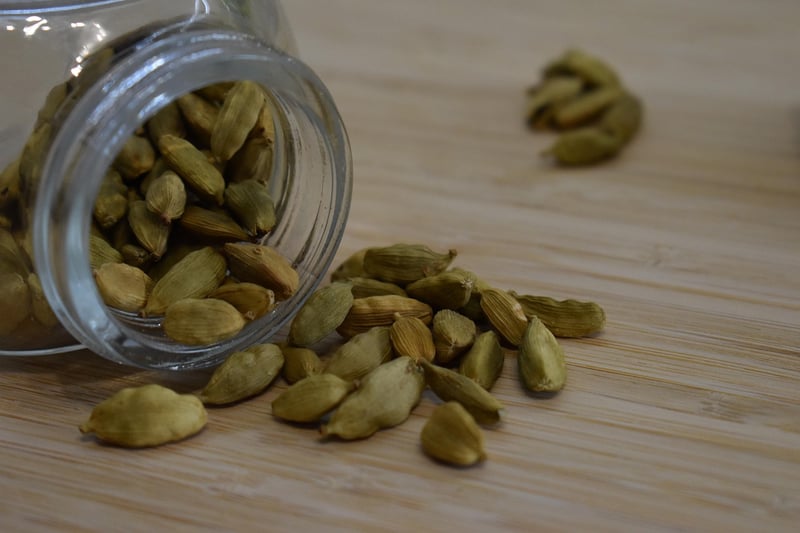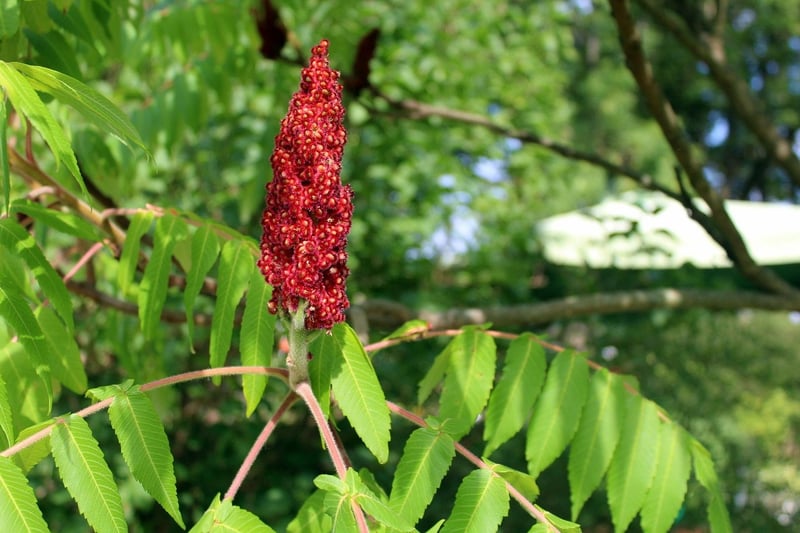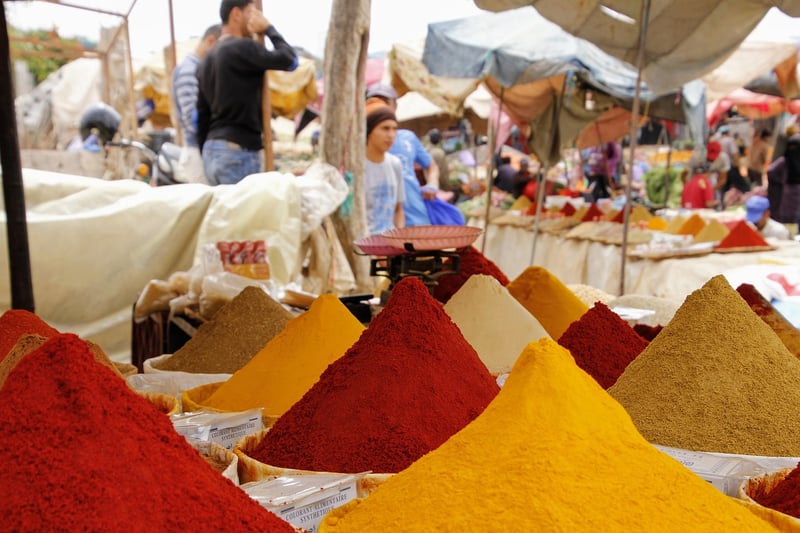Exotic Spices
The Art of Cooking: Key Elements and Exotic Spices
Key Cooking Elements
Cooking is a delightful blend of flavors, textures, and techniques. To create mouthwatering dishes, you need to understand and master some key cooking elements:
1. Heat
Heat is crucial in cooking as it helps to transform raw ingredients into delicious meals. Different methods of heat application include sautéing, baking, grilling, and simmering.
2. Flavor Profiles
Understanding flavor profiles is essential for balancing tastes in your dishes. The five basic tastes are sweet, sour, salty, bitter, and umami. Experimenting with these tastes can elevate your cooking.
3. Knife Skills
A sharp knife and proper knife skills are fundamental in the kitchen. Knowing how to chop, dice, and slice ingredients correctly can make meal preparation more efficient and enjoyable.
4. Timing
Timing is critical in cooking to ensure that all components of a dish are cooked to perfection. Overcooking or undercooking can significantly impact the taste and texture of your food.
Exotic Spices
Spices are the heart of any dish, adding depth, complexity, and aroma. Explore the world of exotic spices to take your culinary creations to the next level:
1. Saffron
Saffron is one of the most expensive spices globally, known for its vibrant color and distinct flavor. It adds a rich and aromatic touch to dishes like paella and risotto.

2. Cardamom
Cardamom has a warm, slightly sweet flavor with hints of citrus and mint. It is commonly used in Indian and Middle Eastern cuisine to enhance both savory and sweet dishes.

3. Sumac
Sumac is a tangy spice with a deep red color that adds a lemony brightness to dishes. It is often used in Mediterranean and Middle Eastern cooking, sprinkled over salads, meats, and dips.

Embrace these key cooking elements and exotic spices to elevate your culinary skills and create dishes that tantalize the taste buds!
